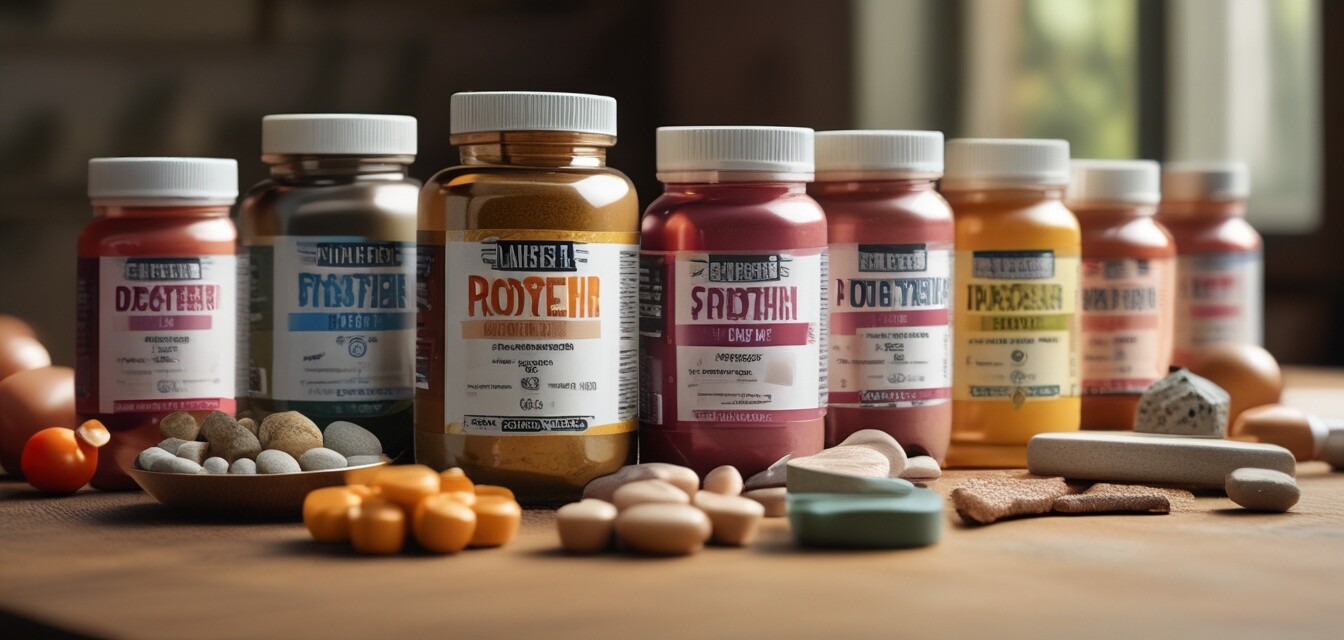
Best Nutrition Supplements for Seniors Engaged in Strength Training
Key Takeaways
- Protein supplements are essential for muscle recovery and growth.
- Vitamins and minerals boost overall health and enhance performance.
- Hydration is critical before, during, and after workouts.
- Always consult with a healthcare professional before starting any supplement.
- Prioritize whole foods, but supplements can fill nutritional gaps.
Nutrition plays a critical role in strength training, especially for seniors. Proper diet and supplementation can significantly support strength training efforts, aiding in muscle recovery and improving overall health. In this article, we will explore some of the best nutrition supplements available for seniors committed to their strength training journeys.
Why Nutrition Supplements Matter for Seniors
As we age, our bodies undergo several changes that can impact our nutritional needs. Seniors engaged in strength training require specific nutrients to help maintain muscle mass, improve bone density, and support overall health. Nutrition supplements can bridge the gap when dietary intake falls short.
Key Nutritional Elements
Here are the primary nutritional components that seniors should consider when engaged in strength training:
- Protein: Essential for muscle repair and growth.
- Vitamins and Minerals: Key for various bodily functions, including immune support.
- Omega-3 Fatty Acids: Help with inflammation and joint health.
- Fiber: Important for digestive health.
Types of Nutrition Supplements
The following table outlines various types of nutrition supplements that can be particularly beneficial for seniors:
| Supplement Type | Description | Benefits |
|---|---|---|
| Protein Powders | Concentrated sources of protein, usually from whey or plant sources. | Aids in muscle recovery and growth. |
| Multivitamins | Comprehensive blend of vitamins and minerals. | Supports overall health and fills nutritional gaps. |
| Omega-3 Supplements | Sources of fatty acids, often from fish oil. | Supports cardiovascular and joint health. |
| Creatine | A natural substance that helps produce energy in cells. | Can enhance strength, power, and muscle mass. |
| Fiber Supplements | Adds dietary fiber to assist with digestion. | Supports digestive health and can help with weight management. |
Choosing Quality Supplements
Selecting the right nutrition supplements is essential. Here are some tips to consider:
Beginners Section
- Look for products that are third-party tested for quality.
- Check for ingredient lists and avoid fillers or artificial additives.
- Opt for reputable brands that have good reviews.
- Consult with a healthcare provider to ensure compatibility with your health needs.
The Role of Hydration
Staying hydrated is just as important as taking supplements. Water plays a vital role in muscle function and recovery. Seniors should ensure they drink adequate amounts of water before, during, and after their strength training sessions.
Integrating Supplements into Your Diet
While supplements can be beneficial, they should complement a balanced diet rich in whole foods. Here are some tips on how to effectively integrate supplements:
- Assess Your Diet: Take note of what you consume regularly to identify gaps.
- Start Slowly: Add one supplement at a time to monitor how your body reacts.
- Maintain Consistency: Consistency is key for seeing benefits.
- Evaluate Progress: Regularly assess how the supplements are impacting your training.
Conclusion
Nutrition supplements can play a significant role in supporting seniors who are actively engaged in strength training. From protein powders to fiber supplements, there's a variety of options available to help meet specific nutritional needs. Always consult with a healthcare professional before making changes to your diet or supplement regimen.
Explore More on Strength Training
For more insights on strength training, check out our Dumbbells for resistance training, Resistance Bands for safety and convenience, and Safety Tips to ensure you're training safely and effectively.